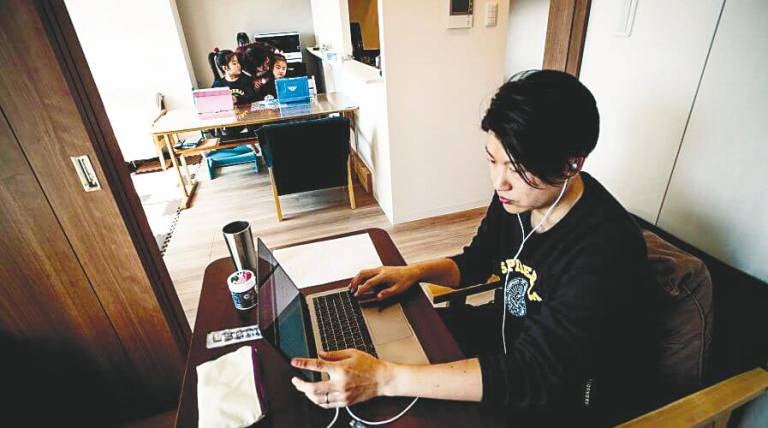Believe it or not, 2020 has taken a toll not only on our physical health but our mental health as well. The general conception is that working from home is less stressful compared to working in the office but many will disagree with that after this year.
One can argue that the line between work and life has been blurred when you’re constantly working from home. To further prove this point, we can look at the second edition of REDHILL’s ASEAN Youth Survey which analyses the roles of Southeast Asia’s youth as key drivers of economic, cultural, social and political change.
The study attempts to take a snapshot view of the youth’s aspirations and concerns on governance, the economy, education, life choices and media consumption – all through the lens of more than 2,000 youths aged 18-35 across 8 ASEAN member nations.

Based on this survey, it was found that 12% of Malaysian youths believe they were able to comfortably balance their professional
and personal lives, while 43% achieved balance to some degree. In comparison, a third (33%) were unsure about whether they could achieve that balance while 12% reported that they could not do so.
38% of ASEAN youth somewhat agree that they are now more concerned about maintaining work-life balance and are placing more emphasis on their general health than before, including giving more attention to their mental health.

In relation to that, 44% of ASEAN youths strongly agree that youths are now putting not only their physical health but also their mental health as their priority. Not only that, 93% of these youths believe the same importance should be attributed to both physical and mental health.
How has 2020 affected you physically or mentally? Let us know in the comments section!
Also read: Survey: Over 70% of M’sian Youths Are Worried About The Govt’s Handling of Social & Economic Issues








































